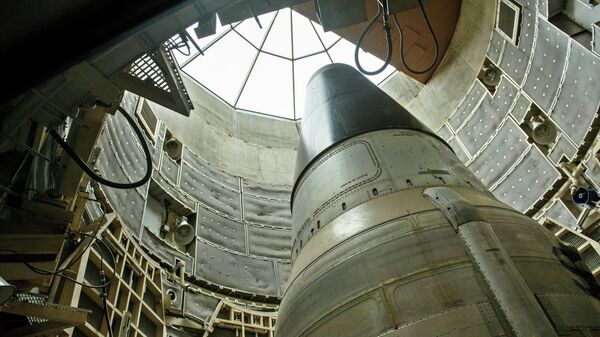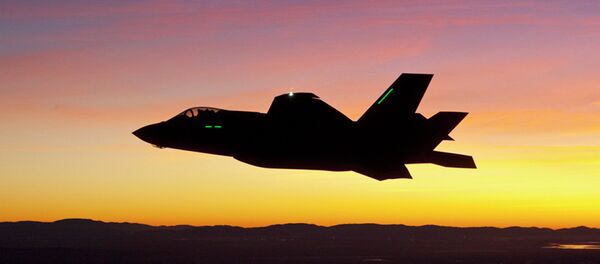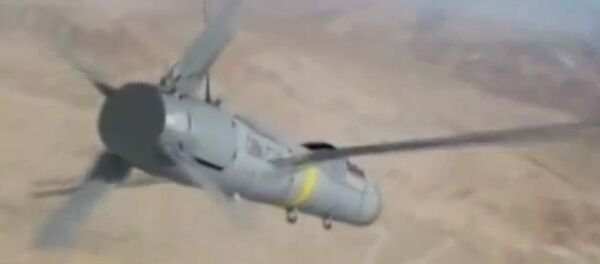The US government has known for years that it’s Minuteman III ICBM arsenal is in danger of falling behind. While the Air Force was granted approval to develop up to 400 new missiles, that effort stalled last month in response to budget concerns.
Air Force officials continue to push for Minuteman replacements. Speaking during the Air Force Association’s Air, Space & Cyber Conference 2016 on Monday, Lt. Gen. Jack Weinstein argued that updating the Ground Based Strategic Deterrent is critical.
He also discussed the need to replace the Air Launched Cruise Missile to be replaced with the nuclear LRSO.
"I think the LRSO is the most critical piece of the modernization effort," he said, according to Defense Tech.
The cruise missile could, in theory, be launched from any American bomber.
Weinstein added that he preferred to discuss the cost of the two programs on another day, which is odd given the budgetary problems that have plagued the Air Force’s missile proposals in the past.
The USAF originally estimated that replacing the Minuteman IIIs would cost $62.3 billion. Last month, a the Pentagon was forced to delay the program after a cost assessment report from its Defense Acquisition Board found that figure to be a severe underestimate.
The program is now expected to cost roughly $85 billion, a 36% increase.
Additionally, development of the LRSO is expected to cost at least $20 billion. The USAF has already released a statement calling on defense contracting firms to submit bids.
"The LRSO weapon system will be a cost-effective force multiplier for B-52, B-2, and B-21 aircraft to credibly deter adversaries and assures US allies of our deterrent capabilities," the statement said.
In addition to costs concerns, a number of Congressional lawmakers have fought to abandon the LRSO program on humanitarian grounds, arguing that a new nuclear weapon puts world peace at risk.
"Nuclear war poses the gravest risk to American national security," ten Democratic senators wrote.
US officials seem unlikely to bow to these concerns, however.
"Releasing this solicitation is a critical step toward affordably recapitalizing the aging air leg of the nuclear triad," Maj. Gen. Scott Jansson told Defense One last month.





